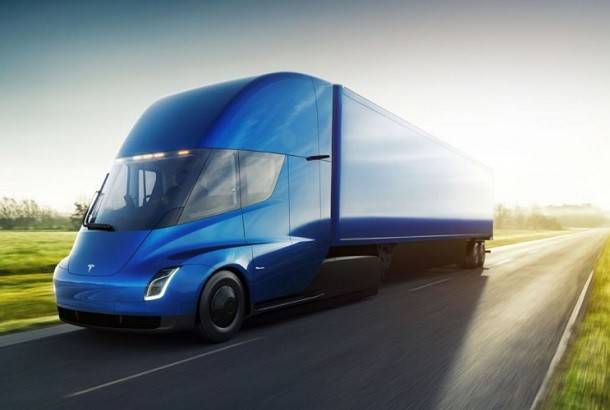With growing concern about greenhouse gas emissions and the need to reduce our impact on the environment, electric trucks have attracted a lot of interest as a greener alternative to conventional trucks. In this article, we will analyse the benefits and challenges of electric trucks in terms of environmental impact, energy efficiency and large-scale feasibility.
Reducing carbon emissions:
One of the main arguments in favour of electric trucks is their contribution to reducing carbon emissions. Unlike conventional trucks that run on fossil fuels, electric trucks are powered by rechargeable batteries, which significantly reduces direct CO2 emissions. However, it is important to note that the actual environmental impact depends on the source of electricity used to recharge the trucks, with increased use of renewable energy being essential to maximise the environmental benefits.
Improved fuel efficiency:
Electric trucks are generally more energy efficient than their internal combustion counterparts. Their electric propulsion system allows better recovery of energy during braking, reducing overall energy consumption. In addition, advanced technologies such as intelligent energy management can optimise the use of electricity and extend the range of electric trucks. However, it is important to consider the overall efficiency of the system, including electricity generation, distribution and recharging.
Charging infrastructure and range:
A major challenge for electric trucks is the development of adequate recharging infrastructure. Trucks need fast, accessible charging stations to maintain their productivity. In addition, the range of electric trucks is often less than that of conventional trucks, which limits their use over long distances. However, as technology advances, battery range increases and recharging infrastructure expands, these constraints could gradually be overcome.
Costs and profitability :
Electric trucks are generally more expensive to buy than conventional trucks because of the high cost of batteries. However, there are potential benefits in terms of lower operating costs, including savings on fuel and maintenance costs. In addition, with supportive policies and financial incentives, the profitability of electric trucks could be improved. It is therefore crucial to carefully assess the long-term costs and potential savings to determine the economic viability of electric trucks.
Electric trucks offer undeniable environmental benefits by reducing carbon emissions and improving fuel efficiency. However, to maximise their ecological impact, it is essential to develop recharging infrastructures, increase battery autonomy and promote the use of renewable energies. By combining these efforts with supportive policies and financial incentives, electric trucks can play a crucial role in the transition to more sustainable road transport.
Find other interesting articles on our blog or on our LinkedIn page!

